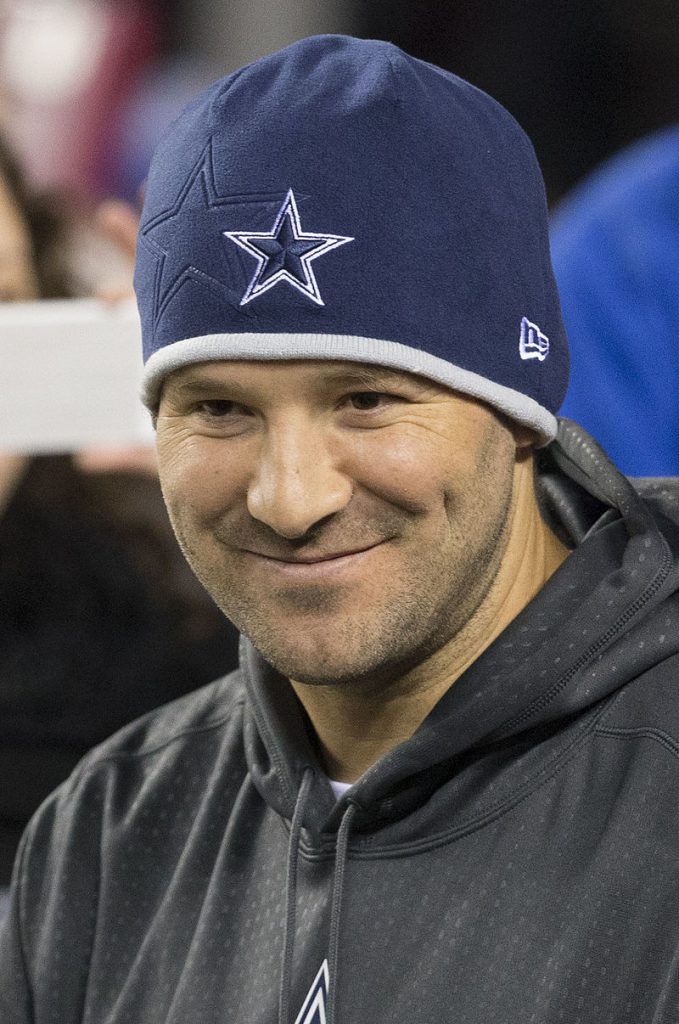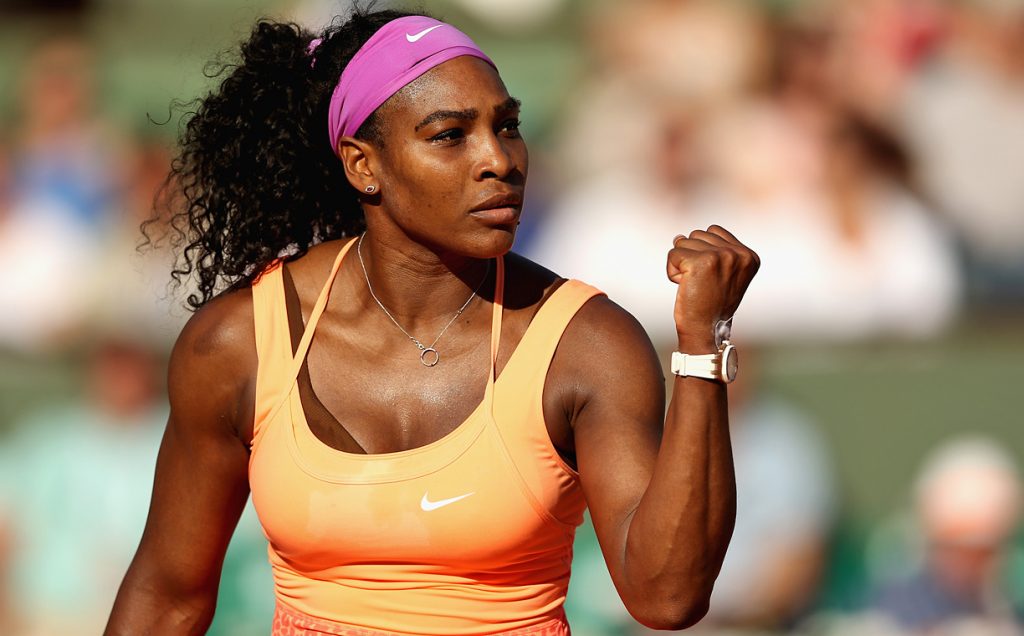
fciwomenswrestling.com article, https://femcompetitor.com
Let’s talk about how and why NFL Instant Replay was initiated.
Why is it that when they need it the most, many on the greatest sports stages can’t seem to muster all of their mental toughness to get the job done?
Remember those great battles between the Pittsburgh Steelers and Houston Oilers during the 1970’s?
The rivalry didn’t initially pick up steam, as the Steelers were starting to become a powerhouse in the NFL during the 1970s while the Oilers collapsed completely. However, the Oilers became a contender in the latter part of the decade and challenged the Steelers to division and conference supremacy.
The two teams met in the AFC Championship Game two years in a row at Three Rivers Stadium, with the Steelers dominating the “Luv Ya Blue” Oilers 34-5. The Steelers were expecting a closer encounter in the 1979 AFC Championship Game, which was marred by a controversial call in the third quarter when quarterback Dan Pastorini threw a pass to wide receiver Mike Renfro in the end zone.
It was ruled incomplete, despite television replays clearly showing Renfro having possession of the ball with both feet in the end zone; even Steelers radio commentator Myron Cope thought it was a touchdown.
The Oilers had to settle for a field goal, and the Steelers would go on to win 27-13; the game itself would spark the debate on whether or not the NFL should have instant replay, which would go into effect for the 1986 NFL season.
So that’s how instant replay got started.
The poor Oilers could never beat the Steelers when it really counted.
Let’s stay in the NFL.
As of this early December 6, 2016 writing, Dak Prescott is hopefully leading the Dallas Cowboys to football Nirvana. But hey?
Wasn’t that supposed to be Tony Romo’s destiny?

When the sensational Tony Romo burst upon the scene, we Dallas fans thought he had at least two Super Bowls in him, but that never happened.
Why did he have to take Jessica Simpson to Mexico during one of the most important seasons of his career? Isn’t Mexico warm in the off season too? Isn’t Jessica still going to be blonde and beautiful in March?
Just this once, while he had one of the best Cowboy teams in history under his belt, couldn’t he just wait a little bit?
When it seems to matter most, he can never seem to bring his A game. This is not the first time that we wrote about Tony. We have (had) a lot emotionally invested in him.
Here is what we wrote over two years ago.
https://femcompetitor.com/lws-doom-maidens-wrestler-indra-is-she-ascending-or/
“When I watch these current Cowboys with the superbly talented Tony Romo as their leader I sense the window is closing. This writing is as of October 25, 2014 and Dallas is off to a sizzling 6-1 start. As thrilled as I am for them there is a part of me that is terrified that if they don’t make a strong run and at least get to the Super Bowl this year, during Tony Romo’s reign, they most likely will not.”
As much as we would love to take credit for being right, after years of frustration, as a Cowboy fanatic, that wasn’t too hard to predict.
So what’s going on with super sexy Serena Williams?

When is she going to break Steffi’s record?
Why does she keep losing on her home turf, in the finals, at the US Open in September when it really matters?
It’s gotten so bad that we refuse to watch Serena’s finals when the magnificent and gorgeous eternally youthful Frau’s records are on the line.
The powerful foxsports.com seems to agree with us. Written by Chris Chase on September 8, 2016:
“Serena Williams still can’t shake Steffi Graf.
For the second-straight year, the world No. 1 was upset in the U.S. Open semifinal, this time courtesy a dispiriting 6-2, 7-6 (5) loss to Karolina Pliskova of the Czech Republic. The defeat keeps her tied with Graf for most major titles in the Open era (22) and will lead to Serena being dethroned from her No. 1 ranking, with Australian Open champion Angelique Kerber set to pass her on Monday. Serena had been in the top spot for the last 186 weeks, a run which tied Graf for the longest streak in history.”
Boy do we remember Steffi Graf like it was yesterday.
Those battles that she had with Martina Hingis (the upskirt princess), Gabriela Sabatini (the upskirt runner up) and Monica Seles (upskirts on windy days) were legend.
If Grand Slam victories were based upon upskirts, we would be etching the Swiss Miss into the history books.
So exciting and sexy if we might add.
Maybe Serena should look into this upskirt thing.
I mean it’s the US Open for crying out loud. If there was ever a group that would love to watch a girl with strong sexy legs have a skirt failure, it’s that one.
Hey?
Stop looking at me like that.
It’s just a thought, okay? (Eye brows gently raised)
(In other theaters…..Hey it’s just drinks okay? It’s just coffee? I’m not trying to sleep…..)
It might relax her since she seems to be completely determined to beat herself when it really matters.
Look female athletes, what gives?
How can you find your “A” game when it really matters? No we’re not going to suggest upskirts, (eye brows gently raised again) though it might relax you a bit.
Just kidding.
Let’s turn our attention to a visiting speaker who is fully dressed, not an upskirt in sight, and has some great information about being mentally tough when it really matters.
The Mentally Tough Athlete
By Spencer Wood
‘Mental toughness’ is like good food or good weather – it often means many different things to many different people. Like ‘mental training,’ ‘peak performance training,’ and ‘sports psychology,’ the words and pictures that these terms connote are incredibly diverse. Despite the broad range of definitions, most coaches and athletes alike agree that a fairly common definition is the athlete who is able to compete to their full potential in the big games that count the most – namely the playoffs – regardless of the distractions they may encounter. Sounds fairly easy, doesn’t it? But when we consider a full post-season game, chock full of opponent intimidation, fan noise, external pressures, heightened media attention, clutch situations (that demand clutch focus and composure), not to mention the fear of injury due to elevated playoff aggression, mental toughness for many individuals and teams and athletes is a little more elusive.
Great coaches and players understand the importance of mental toughness all too well. Indeed, in the midst of collegiate national championship, WNBA and NBA championship euphoria, sports writers and anchors across America collectively want to ask each of the winning coaches a myriad of different questions. But among these questions, one common question always seems to emerge: “Tell us about what got you here coach?” And as each coach gushes with admiration for their team, the most consistently mentioned attribute is that special character trait known as mental toughness.
Pursuing mental toughness…
The pursuit of mental toughness should be viewed in a similar manner to the pursuit of that ‘perfect practice.’ Almost every coach understands that in the history of sports, there has never been a ‘perfect practice.’ Many teams have at times been close, but it is the process of aggressively pursuing perfect practices that wins championships. Developing mental toughness should not be viewed any differently. Above all, developing mental toughness is a continuous process that takes both time and dedication. The great teams and great athletes spend many seasons developing this all-important athletic trait. Let us take a brief snapshot of a world renowned athlete to illustrate this point.
While Lebron James is not viewed by many to be the single best scorer in the NBA, nor the best passer, defensive player, or rebounder; at the tender age of 21, Lebron is already considered by many to be the best All Around Player in the game today. He is unquestionably one of the most exciting and talented players in the world, and if he continues to stay healthy he will no doubt continue to churn out Top 10 Plays of the Week with the regularity of another player who used to where #23. However, the question on the minds of some of the NBA’s most respective pundits has less to do with individual output and stats, and more to do with Lebron’s overall Mental Toughness and the degree to which his toughness will translate into golden orbed trophies and diamond studded rings – in short, NBA championships.
Lebron obviously has time on his side. MJ only began to consistently earn championships and ‘mentally tough’ labels following many years in the league enduring frustrating playoff exits.
However, A common counter-argument to the school of ‘Lebron has plenty of time’ used to be that he had yet to even experience a single championship series beyond high school. The deep post season is both the ultimate test and the ultimate toughness training crucible where you only enjoy the true value when you actually participate.
This past year, Steve Kerr, certainly no stranger to playoff toughness and great clutch playoff performances, penned a Yahoo internet article that highlighted additional concerns.
“In losses to the Lakers, Portland and Denver, James either missed or passed up several game-winning shot opportunities, and he misfired on several key free throws. What was disconcerting to Cavaliers fans was not missing big shots – even Kobe Bryant does that – but his reaction. James looked distraught over the thought of letting his teammates down, hanging his head and flailing his arms in disgust each time…Kobe, Reggie and Michael…when they did miss, they never showed any negative body language that could be perceived as weakness. They held their heads high and defiantly walked off the floor.”
Mentally Tough Body Language
Why did Steve Kerr pay particular attention to Lebron’s body language and behavior in these situations? This question is best answered by posing an additional question. How would most players feel if at the end of a game, their coach met with the opposing coach and said “here you go coach, here is the last play of the game ….we will take the ball out on the baseline and we’ll be running a double screen from the elbow for our best shooter, and she will take a nice comfortable 12-15ft shot to seal the victory.” The players would probably ‘pitch a fit,’ and understandably so! In a similar way, it is important for athletes to understand that their facial expressions and body language are responsible for letting their opponents know exactly what is on their mind. Opponents have an advantage whenever they know we are frustrated, fatigued, or experiencing any other negative thought or feeling.
An even more important reason for maintaining great body language is the positive or negative affect body language can have on the athlete. As an example, try to answer the following question. What do all great actors have in common? Well, one of the things they have in common is the ability to convince us that they have become the people they are pretending to be. But even more remarkable than that, they have the ability to often convince themselves that they are playing a role. The great actors often immerse themselves in their roles to the extent that they are able to physically experience intense emotion such as courage, fear, and confidence, even to the point that they can produce tears of joy or sadness. How are they able to achieve this type of control? Great actors achieve this type of physical response through tremendous imagery and word suggestions in their mind and they also assume the body language of the emotions that they are experiencing to add to these emotions. Think about the last movie scene you saw where an actor laughed or cried and think about the body language that contributed to these different emotions.
The lesson is that even great performances will contain some mistakes. How we physically react to these mistakes will help determine our ability to ‘bounce back,’ stay ‘tough’ and continue to maintain the 4 C’s of Peak Performance – Composure, Concentration, Confidence and Commitment. We should never allow a mistake to cause our eyes, chin or chest to drop after the mistake. We may not be able to play a totally mistake free game, every game, but we can always control our body language.
Finally, mentally tough players are able establish a team culture of mental toughness
Championship teams have an identity – they know who they are, and who they are not. They know what they do best, and they know their weaknesses. They almost always play to their strengths. Mentally tough players create a mentally tough culture and secure team buy-in so that strengths are maximized and weaknesses (often in the form of common distractions), are minimized or eliminated. The following 7 common distractions often prevent many teams from reaching their full potential.
- On-court negative response to opponent intimidation
- On-court negative attitude when substituted
- On-court response to questionable officiating
- Lack of on-court intensity in first two minutes of each half
- Off-court lifestyle distractions
- On-court negative response to a mistake
- Poor on-court intensity during big leads/during big deficits
Think about some of these strengths and weaknesses in terms of MJ and the Chicago Bulls in their multi-year championship runs. Many of these traits were actually team strengths vs. weaknesses, and by no coincidence, strengths that were most often effectively modeled by Michael.
In support of Lebron’s Toughness Traits
So overall, how well does Lebron model many of these toughness traits? A recent ESPN The Magazine interview provides some key insights:
“Right now it’s important I establish my credentials as our leader. When you come into the league, you think it’s all basketball, but basketball is only about 10% to 20% of what it takes to be in the NBA. You’ve got the off-the-court obligations and distractions. You’ve got the on-the-court things, you’ve got the media. Now that I understand that, I’m 10 times the leader I was the past two seasons.”
Just as Michael initially struggled with key leadership and toughness trait behaviors against the Pistons, before finally pushing through to capture the first of many championships, so Lebron will occasionally experience some set backs. I also agree with many who feel that Lebron’s overall maturity level (well beyond his years), combined with a clear grasp of his role as off-court/on-court team leader will allow him to one day write his own chapter in the annuals of NBA history as an NBA champion, and as one of the toughest competitors in league history.
During last year’s NBA playoffs, Lebron exhibited these traits like a seasoned champion and enjoyed a breakout playoff series for the ages, leading his team to the NBA Finals for the first time in franchise history.
Another noteworthy first from last season was Diana Taurasi’s first WNBA championship with the Phoenix Mercury. As one of only 6 female athletes to win an NCAA championship, Olympic gold, and a WNBA championship, the former collegiate player of the year and perennial WNBA All Star added to her growing legend as one of the toughest and most talented athletes in the game today. However, despite her many gifts, Diana has continued to work, grow and improve throughout her high school, collegiate and professional career, committing to continuous improvement of both her physical AND mental skills. And this is the important thing to remember about developing the mental toughness necessary to win championships. Each athlete must recognize the importance of fully committing to the process of developing mental toughness – a predictor of championship success as real and tangible as outstanding defense and rebounding.
This article contains excerpts from a Multi-CD and booklet training pack called Icebox – The Ultimate Mental Skills & Toughness Training System. Icebox is used by championship programs across the U.S., Canada, and Europe, and is the Preferred Mental Skills & Toughness Training Provider of elite organizations such as the WBCA.
Spencer Wood MS, BA, BS, CSCS, PES, Member AAASP, is an internationally renowned speaker and dynamic trainer of athletes and coaches in the area of Winning Mental Skills & Toughness Training and Explosive Speed, Agility, Quickness Training http://www.iceboxathlete.com Spencer continues to use his unique blend of passion for athletic excellence to impact the lives and careers of 1000’s of athletes and coaches of all ages from high school to the professional ranks. http://www.iceboxathlete.com
~ ~ ~
http://ezinearticles.com/?The-Mentally-Tough-Athlete&id=1013608
Article Source: http://EzineArticles.com/expert/Spencer_Wood/181206
Article Source: http://EzineArticles.com/1013608
https://femcompetitor.com/lws-doom-maidens-wrestler-indra-is-she-ascending-or/
http://ftw.usatoday.com/2016/07/steffi-graf-congratulates-serena-williams-wimbledon-22-grand-slam



